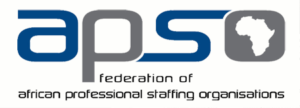Your Trusted Recruitment Partner
Hlabahlosile Trading Projects is a proudly South African recruitment and staffing agency with a passion for service, integrity, and lasting partnerships. We specialize in placing the right people in the right roles, from general staff to executive leadership, with a proven track record in headhunting, permanent placements, contract management, and staffing solutions.




